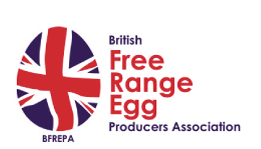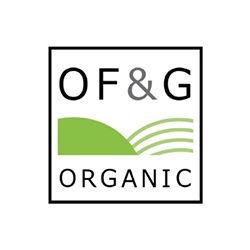Markets seem settled in anticipation of harvest
We have seen a month of extremes again with the market rallying back up to £210 on November futures following the attempted coup military coup in Russia and continued dry weather across the US, before settling back down circa £192. This shows just how nervous and overly sensitive these markets still are which makes reading and reacting to them extremely difficult.
It feels as though the market tries to bring itself back to around the £200 mark at the moment as the new normal and it will take some sustained weather stories to break much higher than that but equally, with the USDA forced to reduce crop predictions for this coming season on maize and that already having been taken into account into global grain figures, it doesn’t feel like we are too far away from the bottom of the market so perhaps it is more how high could these markets move if say anything did flair in Russia or there was a weather story which developed across Europe.
Prices have seemed more settled now ahead of harvest starting, settling midway between the £190 and £200 mark which it has largely been bouncing between for the past few weeks, bar the occasional push either side of those values.
Weather across the US is improving, potentially just in time which is giving a bearish tone to the market but that is being offset by the extreme heat being felt across Europe currently. Early indications for Europe are that yields and quality is variable, a pattern likely to be seen in the UK if the early barley harvest indications are anything to go by.
The UK is currently competitive for export and there is huge demand on the Southern areas for boats which could potentially cancel out much of the ‘harvest’ pressure, but as the demand is not there in the North and stores are pretty full still, we could see a split in the country once harvest really gets underway. For now, though UK prices are very much following Europe and the US.
Soya crops approach key pod development period
Soya prices are slowly coming back lower as the weather now looks right for the critical pod development stage and we have seen in previous years, soya is particularly hardy to periods of drought as long as it gets a chance to recover during these key growing periods. 60% of the crop is currently labelled as ‘drought affected’ but that is expected to reduce. Longer term the potential South American crop is also pressuring prices.
Organic
Organic prices appear to have found a level at the moment which is generating new crop trade and origins are likely to be Romania and Kazakhstan this coming season. The premiums for organic at these origins though are low compared with conventional which would suggest that some parcels may start to be shipped as conventional because it is simply just not worth the hassle, and this then tends to be the catalyst for prices starting to move upwards.
Some Indian sources of soya are beginning to get their certification through and plan shipments to the UK for the later part of the year but premiums are still quite high and do not quite tip the favour back to Indian now that most mills have had to make the choice to switch to Chinese.
For further information please contact:
















